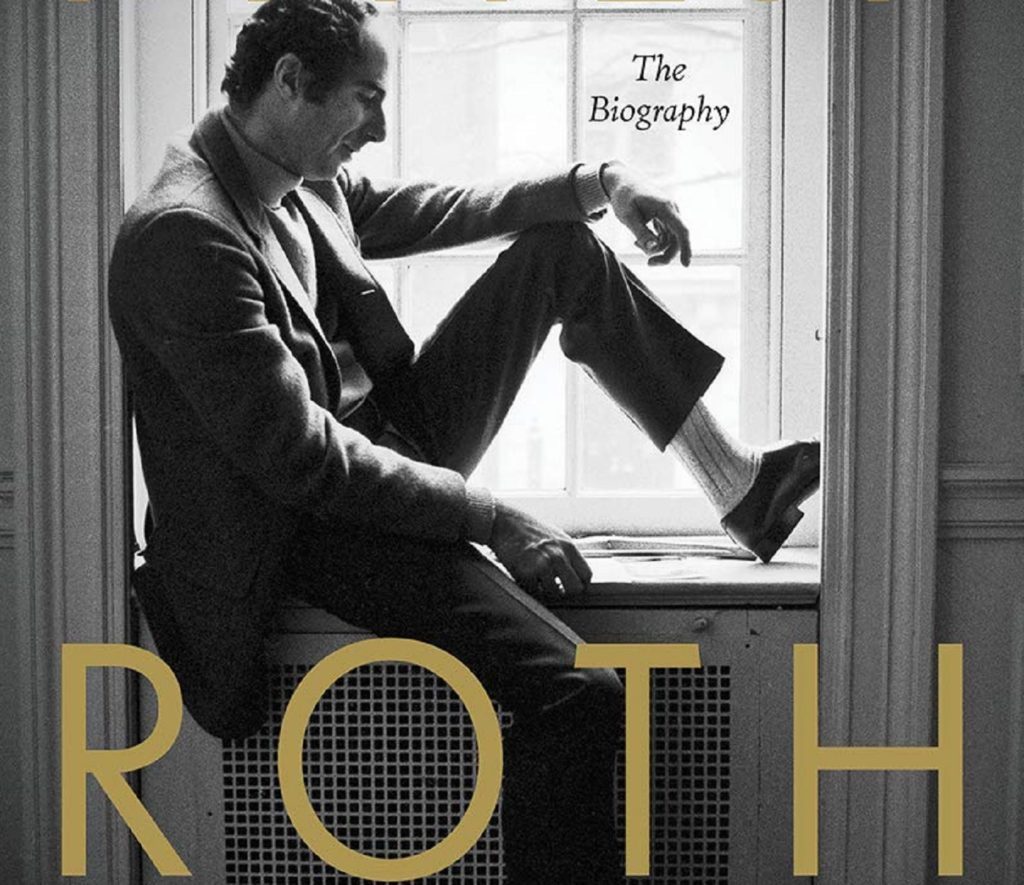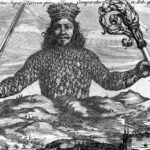Blake Bailey’s biography of Philip Roth had been one of the most anticipated literary biographies of our time. But after a near-decade wait for it, it has vanished almost as soon as it was published.
Last month, in the wake of resurfaced allegations that Bailey sexually assaulted several women and preyed on young girls during his days as a schoolteacher, his publisher W. W. Norton precipitously decided not only to cease printing Bailey’s Philip Roth: The Biography, but to cease selling it, carrying it, and distributing it altogether. Considering Norton’s substantial investment in the book—which included a high six-figure advance to Bailey and extensive advertising and promotion—this was a momentous decision to make. But was it the right one?
The allegations against Bailey are extremely serious and troubling. If Bailey is indeed proven to be a sexual predator—if he is tried and convicted in a court of law—then he deserves to be punished for his crimes to the fullest extent of the law. And, if legally and contractually feasible, he may also deserve to have to forfeit his advance for the book and any royalties he may have earned on it during its brief window of sale. But do we readers deserve to be deprived of this book?
By nearly all accounts, the book appears to have tremendous merit. Shortly after it was published last month, Philip Roth: The Biography received ecstatic reviews from outlets such as the Times Literary Supplement, the New York Times Book Review, and the Boston Globe. Nicole Krauss described it as “breathtaking.” Cynthia Ozick called it nothing less than a “narrative masterwork,” a book that made her consider how biography in the twenty-first century has the prestige and social role that the novel had in the nineteenth century. The LA Times discussed how, “for the foreseeable future, every work of criticism on Roth will be reliant on” Bailey’s book. The Times of London praised it as “definitive” and “genuinely gripping to boot.” The Wall Street Journal’s Sam Sacks described the book as “professional, meticulous, masterfully organized and heroically fair-minded.” And the Washington Post extolled the book as a “colorful, confident and uncompromising biographical triumph.”
Start your day with Public Discourse
Sign up and get our daily essays sent straight to your inbox.The dilemma is that its author—if the allegations are proven to be true—appears to be a man of little to no merit at all, and perhaps worse. The challenge becomes what to do with a meritorious work of art or craftsmanship from a severely problematic (perhaps even outright criminal) artist or craftsman.
Norton has taken the position that if the craftsman is defective, then the work itself must be defective. It is an easy and clear-cut solution: if the author is problematic, simply eliminate him and all traces of him from our listings, and be done with it. The problem is that life, humanity, and the pursuit of wisdom are not so clear-cut.
Religious traditions have long recognized that defective people can be the sources of effective teachings. The Talmud tells of how the great sage Rabbi Meir—one of the four or five most important Jewish sages of the entire mishnaic era (c. 50–250 C.E.)—would go, occasionally clandestinely, to study with a disgraced former sage known as “Acher” (literally, “Other”). Acher, whose full name was Elisha son of Avuyah, had himself been a leading mishnaic sage before falling into disrepute and being convicted of heresy. We may think lightly of heresy today, but in antiquity, and even well into the Middle Ages and early Renaissance, heresy was as evil a crime as one could commit. (Dante places heretics in an even lower level of hell than he does those who commit gluttony, lust, avarice, and several of the other seven deadly sins.) Acher was therefore shunned—or, in present-day parlance, “cancelled”—by his rabbinic contemporaries. Why, then, did Rabbi Meir seek him out as a teacher? Because, he said, “I know how to eat the fruit and throw away the pit.” Rabbi Meir knew how to extract what was valuable from Acher’s teachings but disassociate himself from Acher the person.
Our society seems to have lost the ability to eat the fruit and throw away the pit. We crave easy, all-or-nothing solutions.
Our society seems to have lost the ability to eat the fruit and throw away the pit. We crave easy, all-or-nothing solutions. If Norton’s decision to cease publishing Bailey’s book is any indication, members of the media seem to think that we lack the ability or the mental fortitude (or both) for complexity. If someone who has valuable things to teach us does something wrong, they say, we should throw away his entire body of work. This solution is easier, but far inferior, to doing the hard work of saying, “the man may be a bad person, but the book is a good book. With care, I can read the book without becoming a bad person while also condemning the author for his crimes and misdemeanors.”
Philip Roth: The Biography is a work of monumental historical and literary significance. For better or worse, it is the only authorized biography that there is and ever will be of Philip Roth, who is no longer around to authorize another. Scholars need access to it; writers need to learn from it; and readers deserve to enjoy it. To believe that we cannot both enjoy the work of a disreputable artist and also condemn the artist is to underestimate our own capacity for ethical discernment and to deprive ourselves needlessly of sources of wisdom.
The Talmud, and other time-tested, age-old religious traditions do not underestimate our capacity for ethical and moral discernment in the pursuit of knowledge and wisdom, and neither should modern-day publishers like W. W. Norton. Bailey may very well deserve to be punished for his actions, but readers deserve to have access to his book. The Talmud offers a solution that would enable Norton to realize both of these ends. Anxious media companies should think as highly of us readers as our religious traditions think of human beings.
Postscript: On May 17th, it was announced that Skyhorse Publishing had acquired Philip Roth: The Biography, and that it intends to begin distributing it in paperback, e-book, and audiobook formats on June 15. Informing the press of its decision, Tom Lyons, the president of Skyhorse, stated that “a biography must be judged by the quality of the writing, the importance of the subject matter, and the value of the scholarship,” and that its editors had concluded that Bailey’s book met these criteria. “This is obviously an important and comprehensive book about an author The New Yorker called a ‘literary genius,’” said Lyons. “I’m proud to publish it.”














